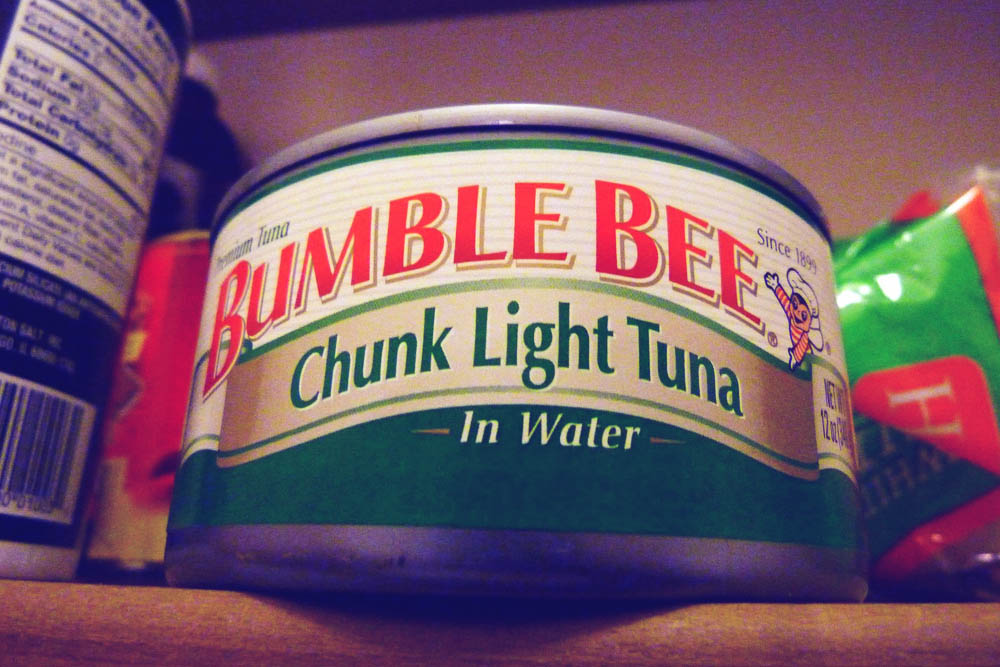Bumble Bee, which is a seafood company based in the U.S uses blockchain technology for tracking the quality of their commodities. This technology was used for their trade on yellowfin tuna, enabling consumers to track the origin of their purchased product. This program aims to aid certification of the tedious industrial process, from catching the fish to when it is bought by the consumer.
This program, that has been running since last month, will make sure the fish is labeled correctly and enables the customer to learn about the product and check its origin. Tuna fish delivered by Bumble Bee is brought in from East Indonesia and distributed all over the USA.
The driving force behind the uptake of this technology is to tackle the issue of fraud and wrong classification of the fish. Two in ten fish tested were reportedly misclassified in accordance with a study that was published by a non-profit organization on marine conservation, Oceana.
The information provided through this program includes the weight, size, place of origin of the seafood product and consultation of the process which was used to certify it as fair trade. Users are required to scan a QR code, printed on the 12-ounce pouches of tuna steaks, and they can access all the relevant product data within a matter of seconds.
Costa says that the company plans to expand the use of this technology or many of its other products that include Cloverleaf, wild selections, and Brunswick. Despite a great deal of attention and publicity, Bumble Bee is not the pioneer to utilize this technology in the food industry, as two start-ups before it, i.e., Viant and Provenance, both based in the UK ran their initial tests in 2018. Walmart is also looking to adopt this technology in the near future.
A Step-By-Step System To Launching Your Web3 Career and Landing High-Paying Crypto Jobs in 90 Days.
 bumble bee uses blockchain to track seafood
bumble bee uses blockchain to track seafood